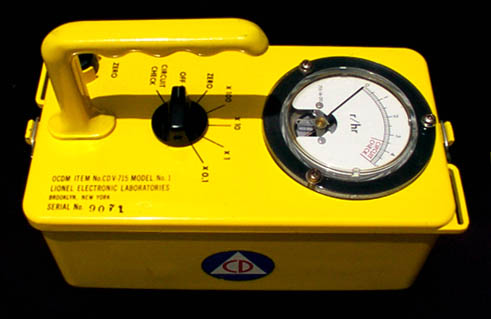In The New York Times, Ken Belson, Hiroko Tabuchi, and David Jolley discuss the situation in Japan after the 9.0 earthquake hitting the nuclear plant in Miyagi prefecture as of March 21, 2011. They said that at this moment, reactors 1 and 2 are still unable to function due to a malfunctioning cooling system in combination with gas been ventilated out of it. Reactor 3 seems to be more stable than the other two, so the Japan electricity company along with plant workers have built and connected an extended power line to connect to it. Unfortunately, there still wasn't enough power to boot up the cooling system.
The N.R.C. is advising the United States Embassy, supplying assistance to the Japanese and gathering information to benefit American reactor safety.The United States is currently contributing by supply victims with Potassium Iodide which will combat the potential radiation from reaching the thyroid glands. However, the Japanese are still waiting to explain the pharmaceutical effects of the pill before sending them out to victims in bulk. On the other hand, radiation seems to have leaked into the water, milk, and other crops as well. Residents are advised to not drink the tap water, but using it for bathing, washing hands, and daily needs are still permitted.








